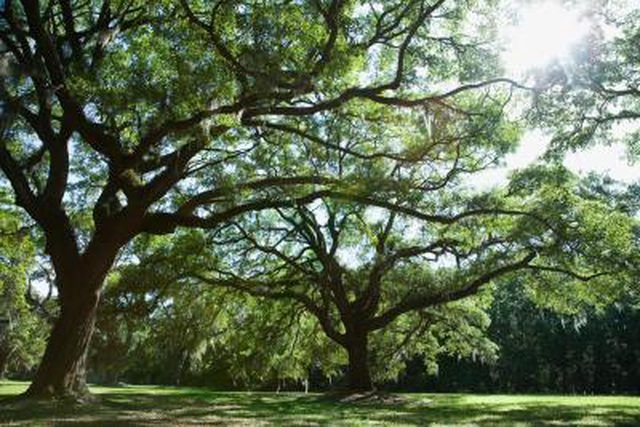Bulbs
Flower Basics
Flower Beds & Specialty Gardens
Flower Garden
Garden Furniture
Garden Gnomes
Garden Seeds
Garden Sheds
Garden Statues
Garden Tools & Supplies
Gardening Basics
Green & Organic
Groundcovers & Vines
Growing Annuals
Growing Basil
Growing Beans
Growing Berries
Growing Blueberries
Growing Cactus
Growing Corn
Growing Cotton
Growing Edibles
Growing Flowers
Growing Garlic
Growing Grapes
Growing Grass
Growing Herbs
Growing Jasmine
Growing Mint
Growing Mushrooms
Orchids
Growing Peanuts
Growing Perennials
Growing Plants
Growing Rosemary
Growing Roses
Growing Strawberries
Growing Sunflowers
Growing Thyme
Growing Tomatoes
Growing Tulips
Growing Vegetables
Herb Basics
Herb Garden
Indoor Growing
Landscaping Basics
Landscaping Patios
Landscaping Plants
Landscaping Shrubs
Landscaping Trees
Landscaping Walks & Pathways
Lawn Basics
Lawn Maintenance
Lawn Mowers
Lawn Ornaments
Lawn Planting
Lawn Tools
Outdoor Growing
Overall Landscape Planning
Pests, Weeds & Problems
Plant Basics
Rock Garden
Rose Garden
Shrubs
Soil
Specialty Gardens
Trees
Vegetable Garden
Yard Maintenance
Poisonous Outdoor Plants in Massachusetts
Poisonous Outdoor Plants in Massachusetts. Massachusetts is home for many species of poisonous outdoor plants. If you suspect an adult or child has been exposed to or ingested a poisonous plant, call the American Association of Poison Control Centers at 1-800-222-1222.

Massachusetts is home for many species of poisonous outdoor plants. If you suspect an adult or child has been exposed to or ingested a poisonous plant, call the American Association of Poison Control Centers at 1-800-222-1222.
Liliaceae
Several members of the lily family, known scientifically as Liliaceae, contain toxic chemicals that can poison children and animals in Massachusetts. Autumn crocus contains the alkaloid colchicine in its seeds, flowers, and corms. Colchicine interrupts the process of cellular division and can cause vomiting and death. Hyacinth bulbs can cause fatal vomiting and diarrhea.
Trees and Shrubs
Poisonous trees in Massachusetts include the oak and elderberry. The leaves and acorns of the oak tree slowly damage the kidneys if consumed regularly. Children often use the twigs and stems from the elderberry tree to make homemade blowguns. Ingesting toxins in this way can cause nausea and other digestive ailments.
Forest Plants
Several poisonous plants are native to Massachusetts woodlands. People often confuse the moonseed plant's berries with wild grapes, but these purple fruits can lead to death. Mayapples contain more than 16 poisonous chemicals in the roots, leaves and apples. The apples may not cause toxic effects unless children eat several of the fruits.